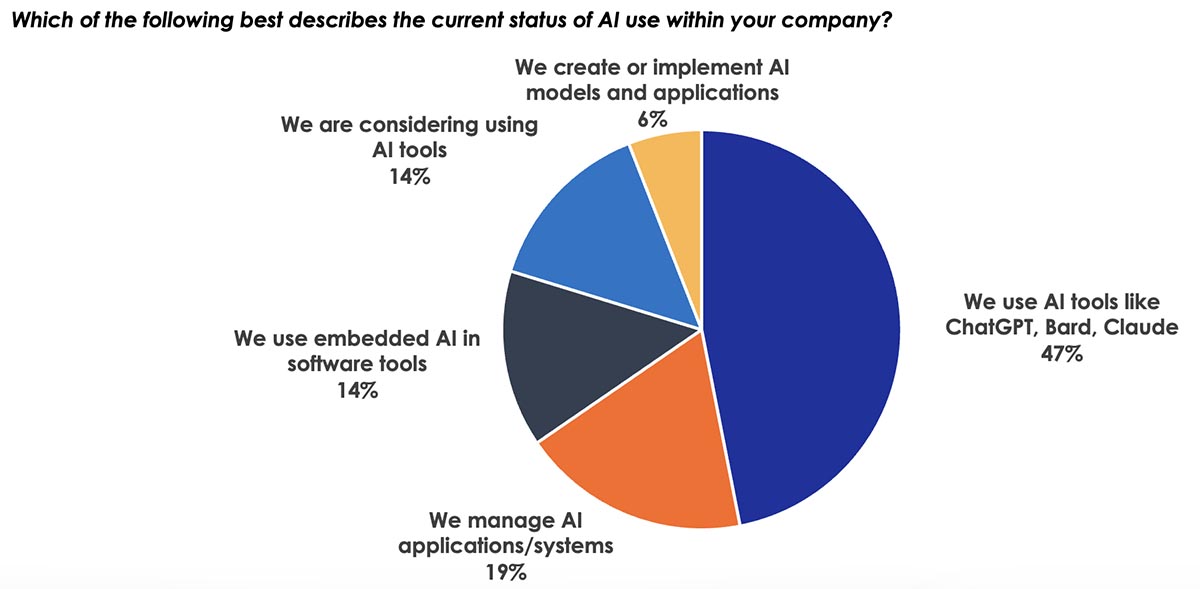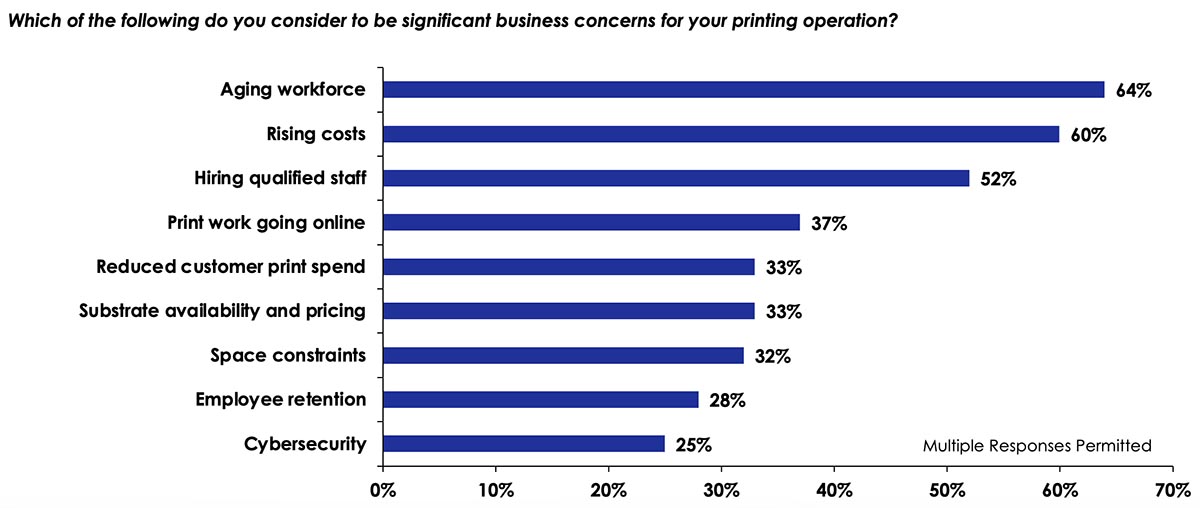- Investing in the right sales training program can help a business achieve a significant increase in effectiveness over its competition.
- To develop a successful sales team, you must start by defining their learning needs as a group while also training your reps as individuals.
- Tools that include compelling e-mail outreach templates, sales call guidelines, and sales playbooks containing best practices can provide reps with valuable insights and data to help them identify sales opportunities, perfect their sales approaches, and close more deals.
By Karen Kimerer
Introduction
Sales training is essential for any organization that wants to improve its revenue and build a successful sales team. Unfortunately, many sales representatives will tell you that they simply don't enjoy this training. Today’s reps commonly view training programs as repetitive, boring, and/or lacking relevance to their day-to-day challenges, so they consider them to be a waste of time and energy. Worse yet, many reps don't believe that training helps them sell more effectively.
Despite these perceptions, many business leaders consider sales training to be a quick fix for revenue woes. This approach may be counterproductive because a lack of buy-in from sales reps can ultimately do more harm than good. When sales training is treated as a one-size-fits-all solution, it can feel like taking a shot in the dark. What do your reps need instead of traditional sales training? This article explains why traditional training methods often fall flat and explores some alternatives that can help today’s reps sell more effectively.
Making a Difference with the Right Training
When it comes to the sales industry, one of the most pressing and long-standing debates revolves around whether sales training can make a lasting impact on an organization's bottom line. Many tenured sales professionals question the effectiveness of sales training and doubt that it can teach them anything new. The most common reasons include:
- It relies on outdated sales practices.
- It’s not relevant to the real needs of salespeople and fails to address the unique challenges that today’s salespeople face on a daily basis.
- It’s not engaging. Even with the addition of interactive activities, the training still ends up feeling like a lecture. This can make it difficult for reps to stay focused and motivated.
- It’s too general and doesn’t consider the tenure or experience of individual sales team members.
There’s no question that these are legitimate concerns, but did you know that investing in the right sales training program can help a business achieve a significant increase in effectiveness over its competition? According to a study published in the book entitled Return on Learning: Training for High Performance at Accenture, businesses that prioritize training experience an estimated return on investment (ROI) of 353%. This equates to a revenue gain of $4.53 for every dollar spent on training.
When viewed through this lens, it might seem like sales training is a no-brainer…but there’s a catch! A single sales training event won’t always translate into a significant improvement in sales revenues. The success of the training depends on how the skills are applied after the event. More importantly, adoption depends on whether those skills and the knowledge gained are relevant to the actual challenges that your sales reps face in the field. It’s possible that sales training is viewed as ineffective because these two very important considerations have been overlooked.
Defining the Need
To develop a successful sales team, you must start by defining their learning needs as a group while also training your reps as individuals. Without these tactics, it will be difficult to achieve the desired outcome of any training effort. Creating a scorecard is an excellent way to gain an understanding of your team's expertise and experience. In contrast to a sales assessment (which determines how likely a person is to succeed in sales), scorecards can be used to identify and prioritize skill development needs. In addition, they bring awareness to where you are now while highlighting the growth potential within your specific organization.
A more informal method, such as identifying three things that sales reps must know and execute at the end of a training program, can also be useful. Regardless of the tool used to measure success, each learning moment must state an objective. Here's a good example of an objective: “Today’s sales development hour will be a success if our reps can walk away with the ability to list three methods for delivering value that are not centered on product or price.”
Transparency is essential for gaining your sales team's support for skill and knowledge growth. It’s easier to exhibit alignment and highlight your involvement in making your sales team's efforts easier when you declare the goal of the learning from the outset.
Routines, Retention, and Reinforcement
It has been said that it takes about three weeks to establish a new routine. Whether you’re going to the gym or learning to play a musical instrument, the human brain needs time to form new neural pathways that support a new behavior. Consistently repeating an activity over time makes it easier and increasingly natural. As a result, there is no better way to learn than by doing. All too often, though, sales training is delivered with a process that is less about reinforcement and more about memorization. This often contributes to a well-known and unfortunate statistic—84% of sales training is typically forgotten within 90 days. Retention and results rely on new routines and reinforcement.
Let’s start with routines. A personal fitness trainer would never attempt to help you achieve a full body transformation in a single session, nor would they believe that a simple list of exercises would give you the motivation to make a change. People hire personal trainers so they can learn to establish a new routine, exercise correctly for ultimate results, and hold themselves accountable. An established cadence creates a routine that is more likely to be remembered even when the trainer is no longer present. The same must be true of sales development. Whether it’s taking a new approach to cold calling or establishing a better process for unveiling a prospect’s needs, the training must be done in a way that enables the rep to routinely think about and use a new method. The best way to achieve this is by first demonstrating a practice and then giving your reps the opportunity to learn to do it by themselves.
Interactive training is a great way to reinforce skills development. This is why group discussions and role-playing exercises work so well. Role-playing scenarios encourage collaboration and teamwork so salespeople can learn from one another. With more exposure to how other successful reps are approaching business, each team member can refine their approach and improve their performance. Practice and repetition are two of the most effective ways to apply and retain learning. Sales enablement tools can help your team work more efficiently and effectively. Tools that include compelling e-mail outreach templates, sales call guidelines, and sales playbooks containing best practices can provide reps with valuable insights and data to help them identify sales opportunities, perfect their sales approaches, and close more deals.
The Bottom Line
Some sales reps might go so far as to say that they despise training, but it’s closer to the truth that they’ve simply grown tired of generic lectures with few real-world applications. Today’s sales reps want small doses of content and learning experiences that deliver real, actionable results. Believing that a single sales training event can transform your entire team into a group of better sellers is a recipe for disaster. Reps encounter a range of fluctuating conditions on a daily basis, so a one-size-fits-all approach is unlikely to have a strong impact.
Whether your sales reps have ten clients or hundreds, all organizations must learn how to make the sales process simpler and develop a program that accounts for individual reps’ abilities and limitations. Give them access to tools that they can actually use rather than forcing them to wade through time-consuming learning activities for the sake of checking something off of a list. Motivating your reps to seek continuous improvement requires a greater understanding of what will help them advance towards their goals.
As part of the Business Development Strategies Consulting Service at Keypoint Intelligence, Karen Kimerer has experienced the many challenges of expanding current market opportunities and securing new business. She has developed a systematic approach to these opportunities, addressing the unique requirements of becoming a leader in our changing industry.









